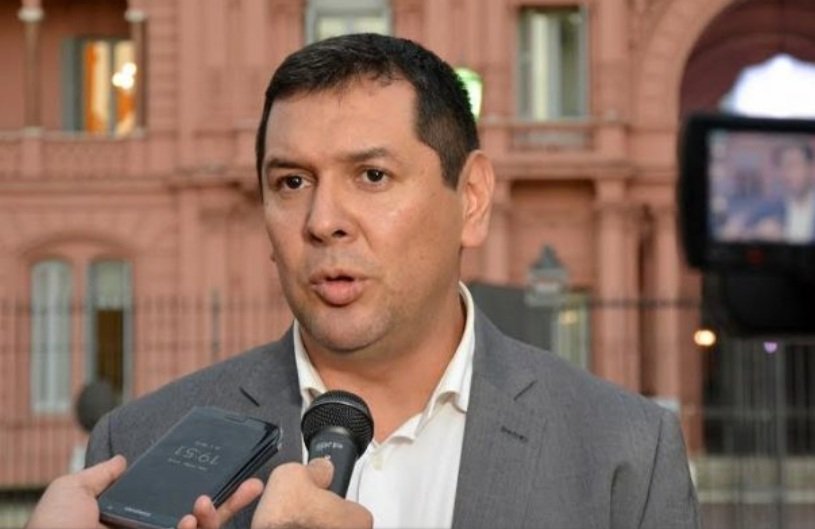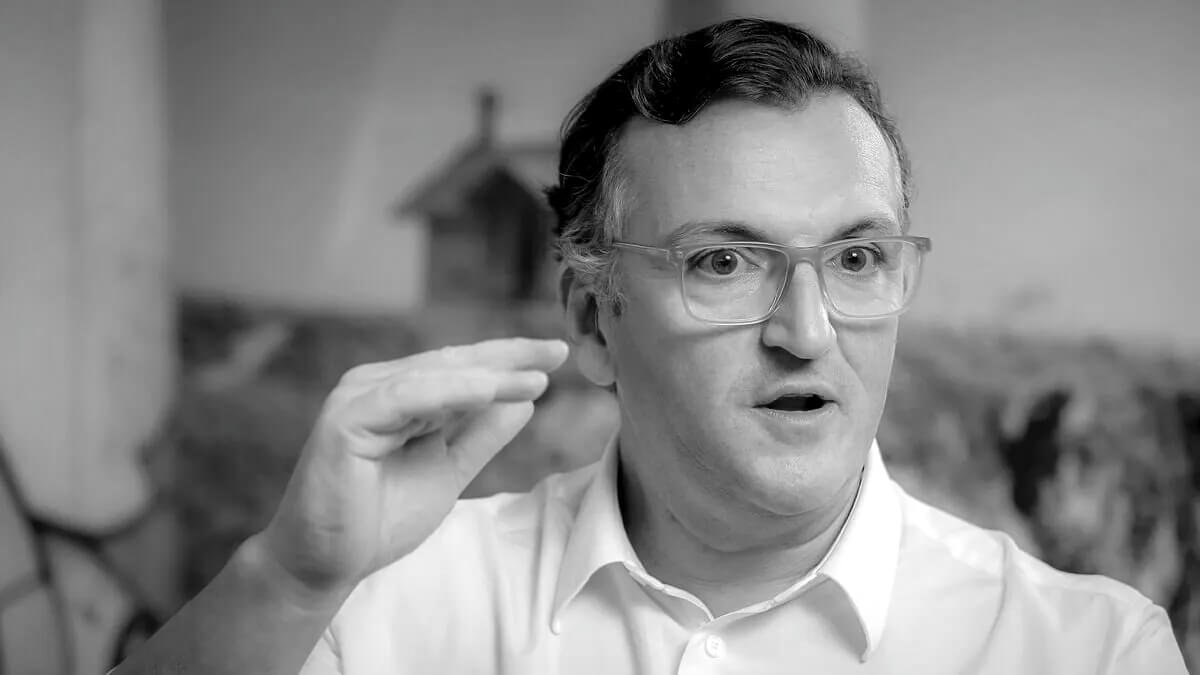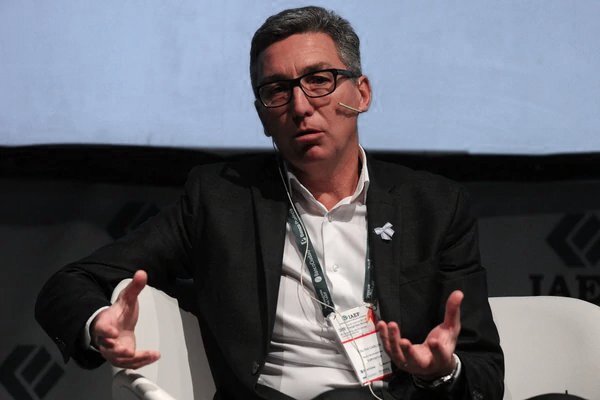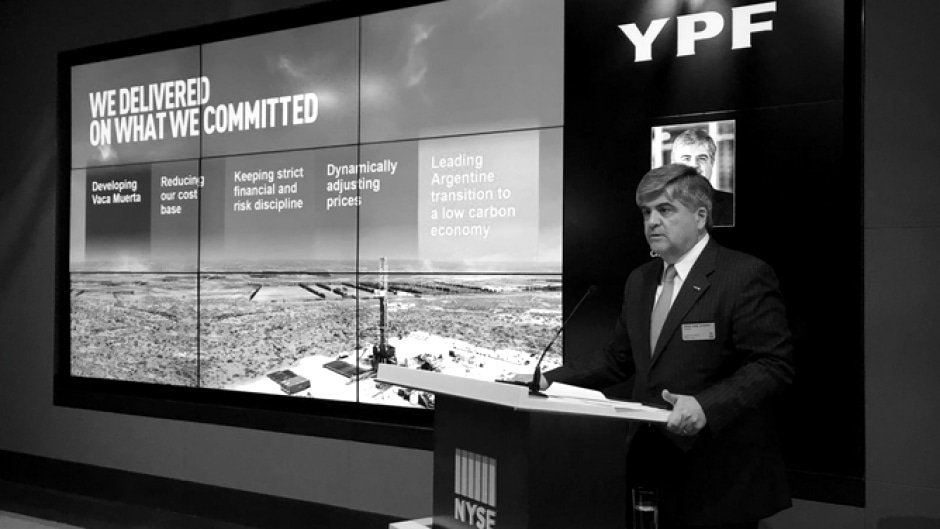
Cristian Ocampo
Cristian Ocampo es un referente del agro argentino que ha transformado Agropecuaria Santa Clara en un modelo de innovación productiva y sostenibilidad. Con formación en agronomía y dirección de empresas, lidera procesos que integran tecnología, desarrollo territorial y gestión ambiental. Su influencia se extiende al plano institucional y regional, donde impulsa iniciativas de impacto concreto en la cadena agroindustrial del norte del país.

Formación técnica y enfoque operativo desde el territorio
Cristian Ocampo inició su carrera en el corazón productivo del norte argentino, con una formación universitaria en Ingeniería Agronómica obtenida en la Universidad Nacional de Tucumán. Complementó sus estudios con un MBA en Dirección de Empresas en la Universidad Torcuato Di Tella, donde profundizó en gestión financiera, estrategia corporativa y análisis de mercados agrícolas. Esta combinación de conocimientos técnicos y empresariales ha marcado su estilo de liderazgo: pragmático, con foco en resultados, pero alineado con una visión de largo plazo basada en sostenibilidad y desarrollo rural.
Su primer puesto de gestión fue en una cooperativa algodonera de Chaco, donde lideró la reconversión de los sistemas de producción y distribución en una coyuntura crítica de precios internacionales deprimidos. Esa experiencia moldeó su interés por los modelos asociativos, la eficiencia logística y la necesidad de inversiones tecnológicas escalables, incluso en contextos de baja densidad económica.
Expansión regional y transformación de Agropecuaria Santa Clara
Desde 2012, Cristian Ocampo está al frente de Agropecuaria Santa Clara, empresa familiar con más de 40 años de historia en la producción mixta de granos y ganadería. Bajo su dirección, la firma pasó de un modelo tradicional extensivo a un sistema integrado de producción regenerativa, con rotación planificada, gestión hídrica informatizada y trazabilidad completa en la cadena de valor.
El rediseño estratégico incluyó la adopción de agricultura de precisión, implementación de plataformas satelitales y un programa de entrenamiento interno para operarios rurales, que hoy incluye más de 120 trabajadores permanentes. Esta reconversión no solo mejoró los márgenes operativos y redujo la dependencia de insumos externos, sino que fortaleció la resiliencia ambiental del modelo productivo. En cinco años, la firma duplicó su superficie trabajada y redujo en un 30 % su huella de carbono por tonelada producida, cifras auditadas por consultoras independientes como EY y Carbon Group.
Liderazgo regional y visión institucional
Más allá de la gestión privada, Ocampo es uno de los referentes del nuevo empresariado agroindustrial argentino que promueve un enfoque territorial y articulado con el sector público. Fue impulsor del Clúster Agroindustrial del NOA, una red de empresas medianas que comparten infraestructura logística, datos climáticos y plataformas de comercialización en conjunto. El consorcio logró, entre otras cosas, la apertura de mercados en Emiratos Árabes y la firma de convenios con entidades bancarias para líneas de financiamiento específicas.
Su liderazgo también se ha consolidado en espacios institucionales. Fue miembro del Consejo Directivo de CREA Región Norte y actualmente integra la Mesa de Buenas Prácticas Agropecuarias del Ministerio de Agricultura. Desde allí ha trabajado activamente en la definición de protocolos de producción sostenible, en el diseño de mecanismos de certificación para exportación y en el impulso de políticas fiscales diferenciales para empresas con innovación tecnológica certificada.
Innovación, capital humano y sostenibilidad como ejes
El modelo de Ocampo combina decisiones de inversión centradas en tecnología aplicada al manejo del suelo, sistemas de monitoreo climático predictivo y formación técnica continua. Desde 2020, lidera un programa de desarrollo de capital humano rural, en alianza con universidades y centros de investigación, para capacitar a jóvenes profesionales en zonas de baja densidad poblacional. Esta estrategia no solo cubre demandas operativas, sino que genera arraigo y expansión de conocimiento en territorios históricamente postergados.
Paralelamente, ha impulsado políticas internas de inclusión de mujeres en tareas técnicas de campo y en mandos medios. Actualmente, más del 35 % del personal estable de Agropecuaria Santa Clara está compuesto por mujeres, muchas de ellas en funciones relacionadas con operaciones satelitales, análisis de suelos y logística de exportación.
Influencia empresarial con impacto más allá del sector
La figura de Cristian Ocampo trasciende el ámbito estrictamente empresarial. Su intervención en políticas sectoriales, su capacidad para articular con gobiernos provinciales y su participación en cámaras binacionales han hecho que su visión tenga impacto en el diseño de estrategias regionales de desarrollo. Ha sido consultado por agencias internacionales como IICA y BID, y es interlocutor frecuente en foros sobre bioeconomía y seguridad alimentaria.
Su enfoque no parte de grandes discursos sino de la implementación consistente de modelos productivos con lógica empresarial y raíz territorial. Ha demostrado que es posible competir a escala internacional desde esquemas medianos, con estructuras horizontales y alta tecnificación, sin perder conexión con el entorno social y ecológico.
El caso de Cristian Ocampo representa un perfil de liderazgo que combina el conocimiento técnico, la ejecución empresarial y una mirada estratégica capaz de incidir en las agendas públicas. Su trayectoria aporta una perspectiva concreta sobre cómo la innovación, cuando se implementa con coherencia y visión local, puede redibujar los mapas productivos y transformar regiones enteras desde dentro.









